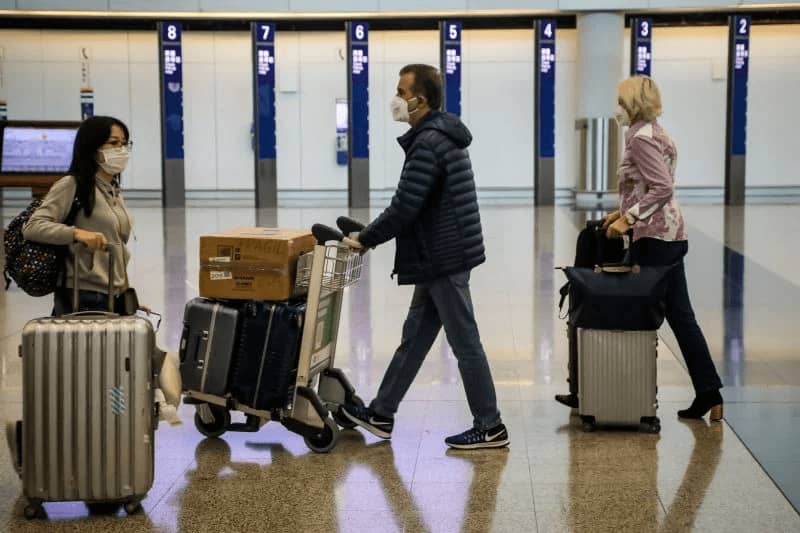The on-going Coronavirus crisis has essentially stalled many sectors of the economy. With over two months of complete lockdown in effect, Indians have had to postpone all of their travel plans indefinitely.
While the effects of this pandemic have been felt across all sectors, none of them have been affected to such a degree as the travel and tourism industry.
But, the travel and tourism industry will surely recover from this setback, right?
Well, the effects of the Covid-19 pandemic may be long-lasting, according to experts. It will take time for Indians to adapt to this new lifestyle, which revolves around numerous guidelines.
Furthermore, vacations are the farthest thing from most people’s minds today. With a rampant loss of employment and economic recession, only a few families will be able to afford travel of any kind, let alone international trips.
Moreover, the Coronavirus travel restrictions will stay in place for the foreseeable future or until an effective vaccine has been devised for the disease.
























